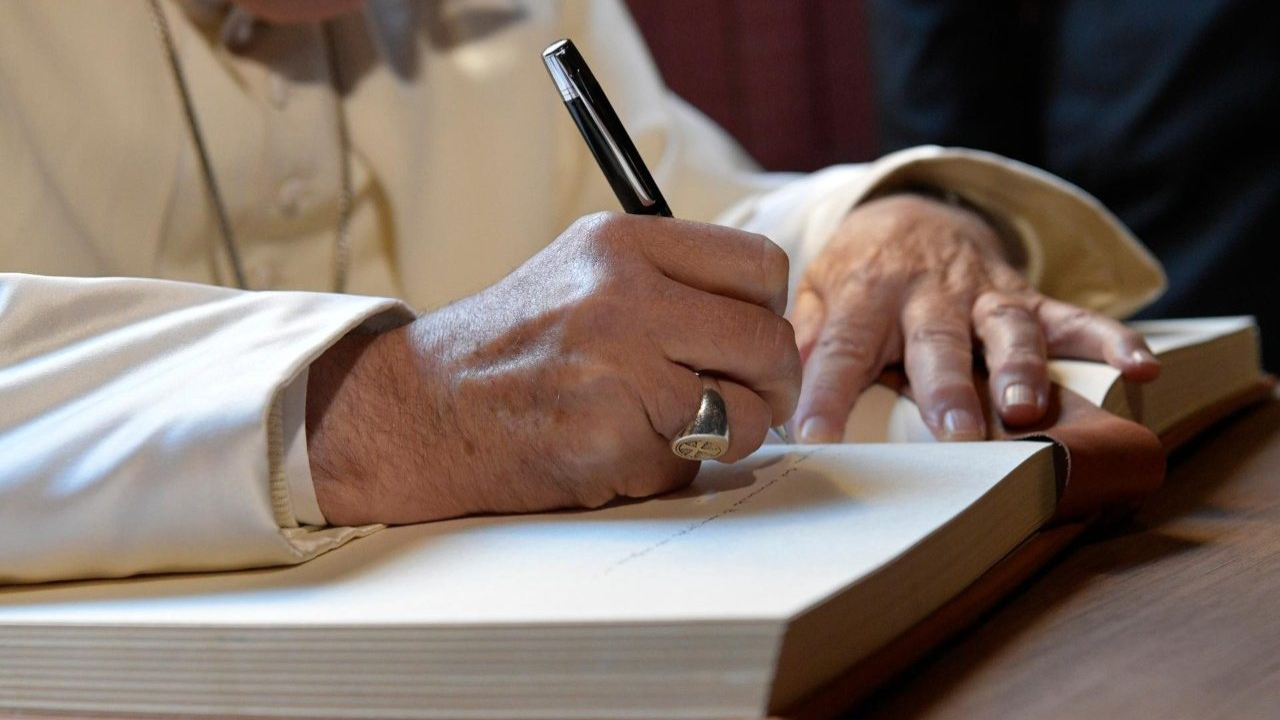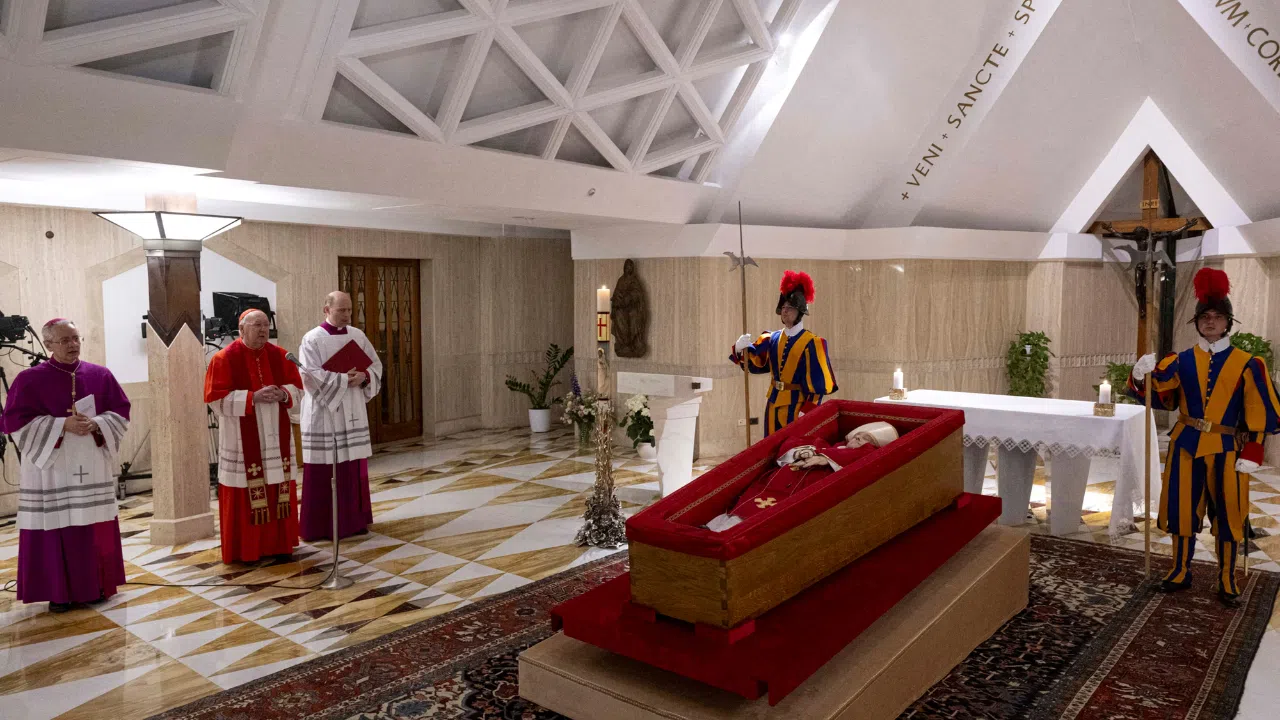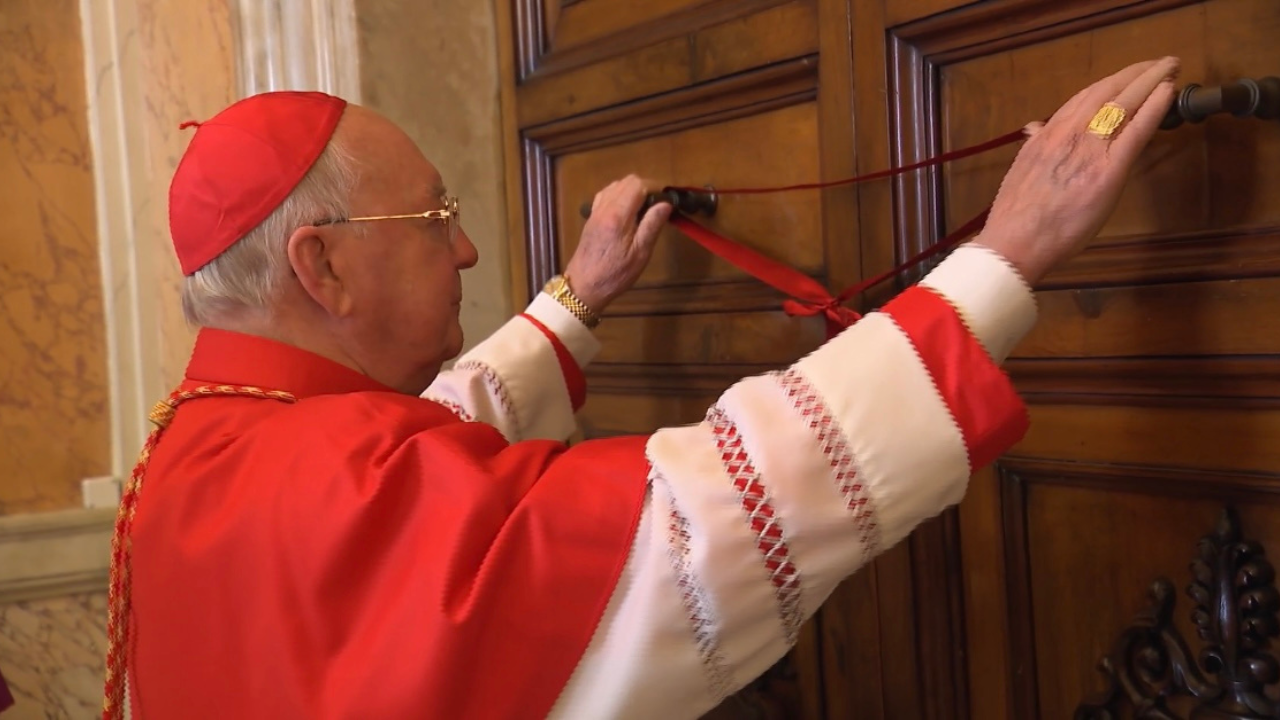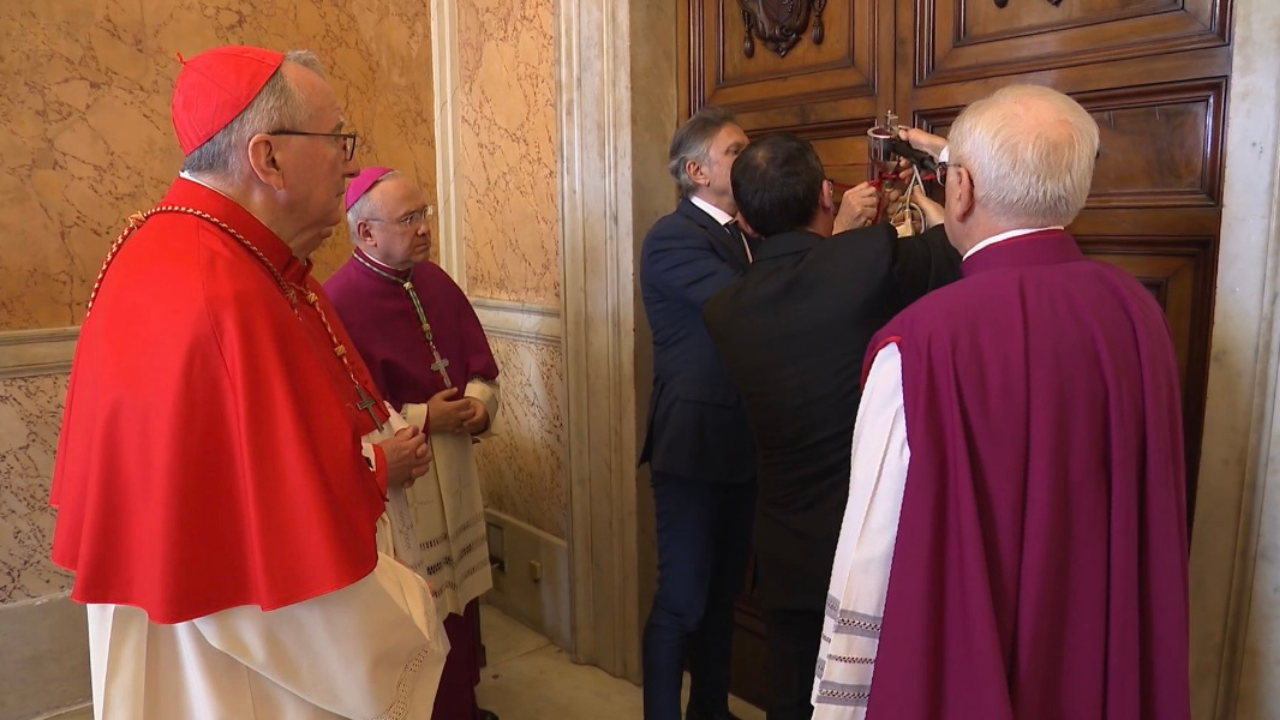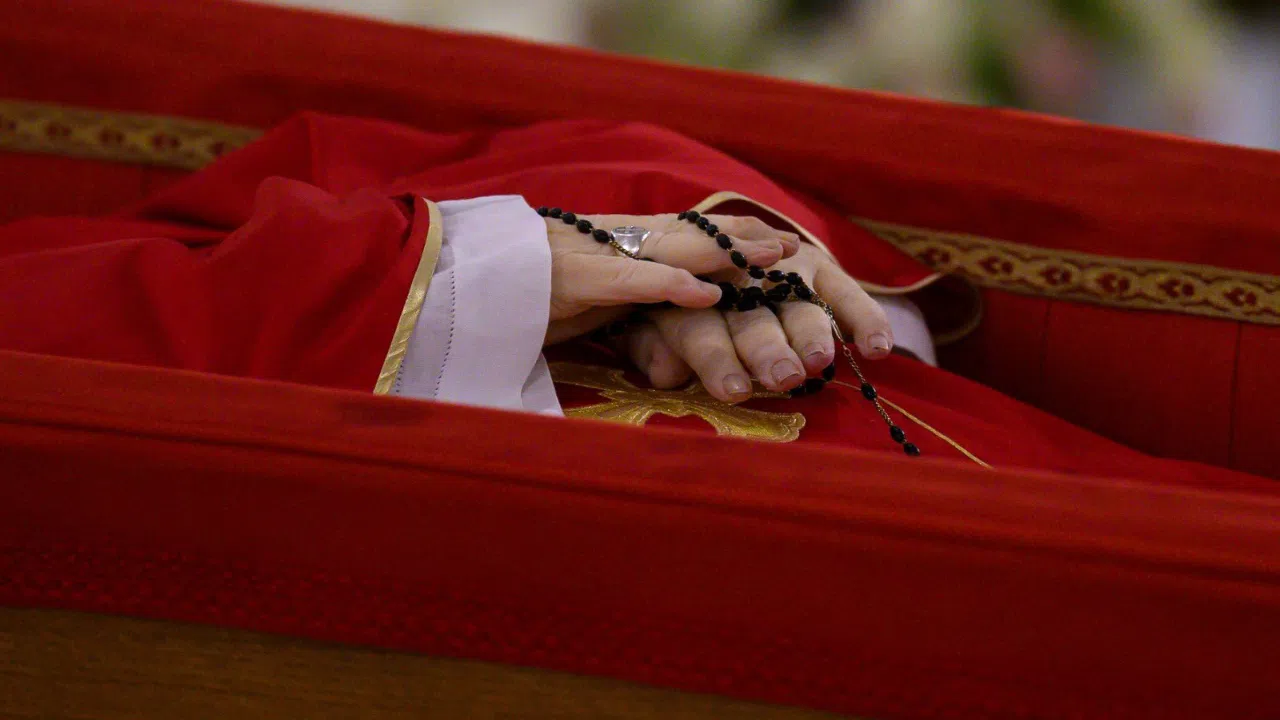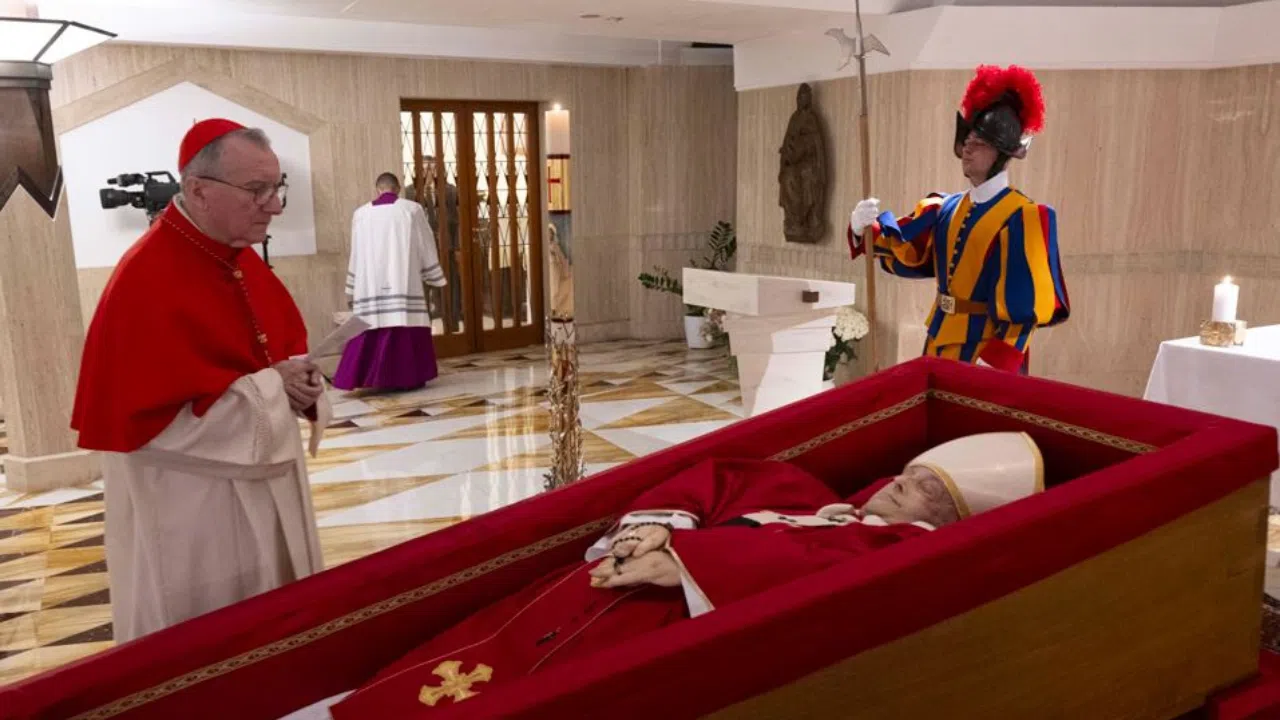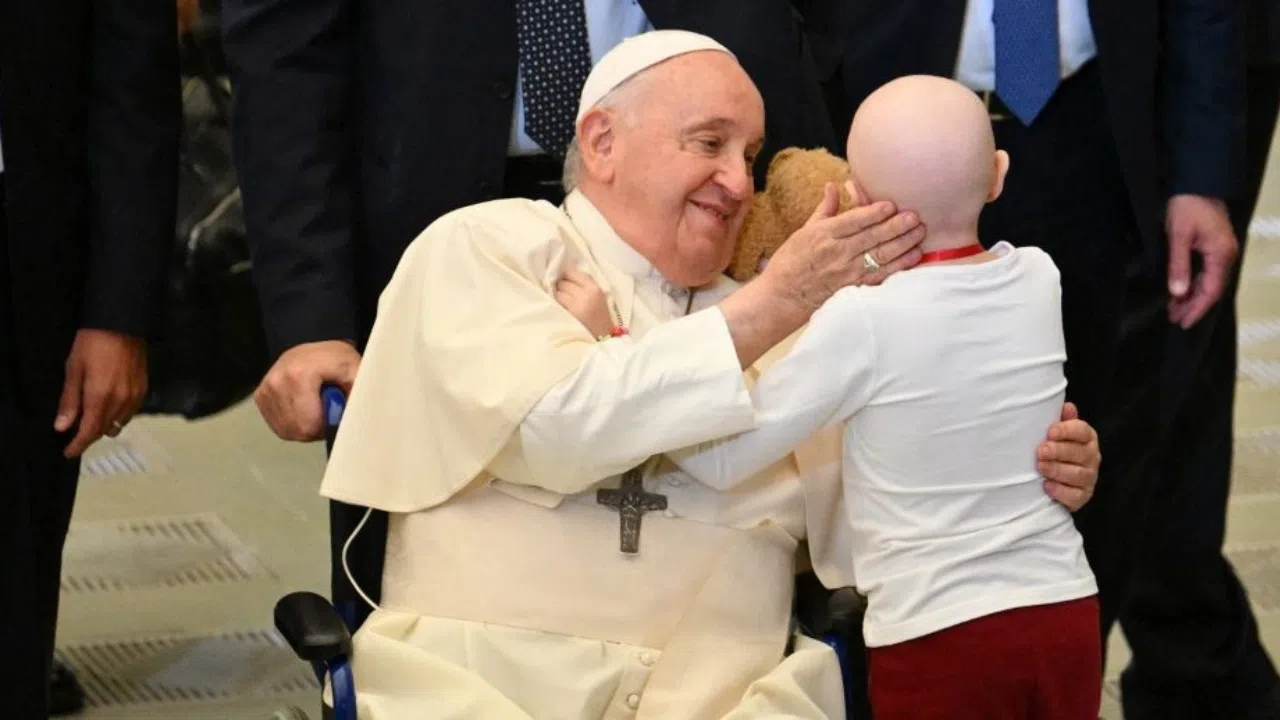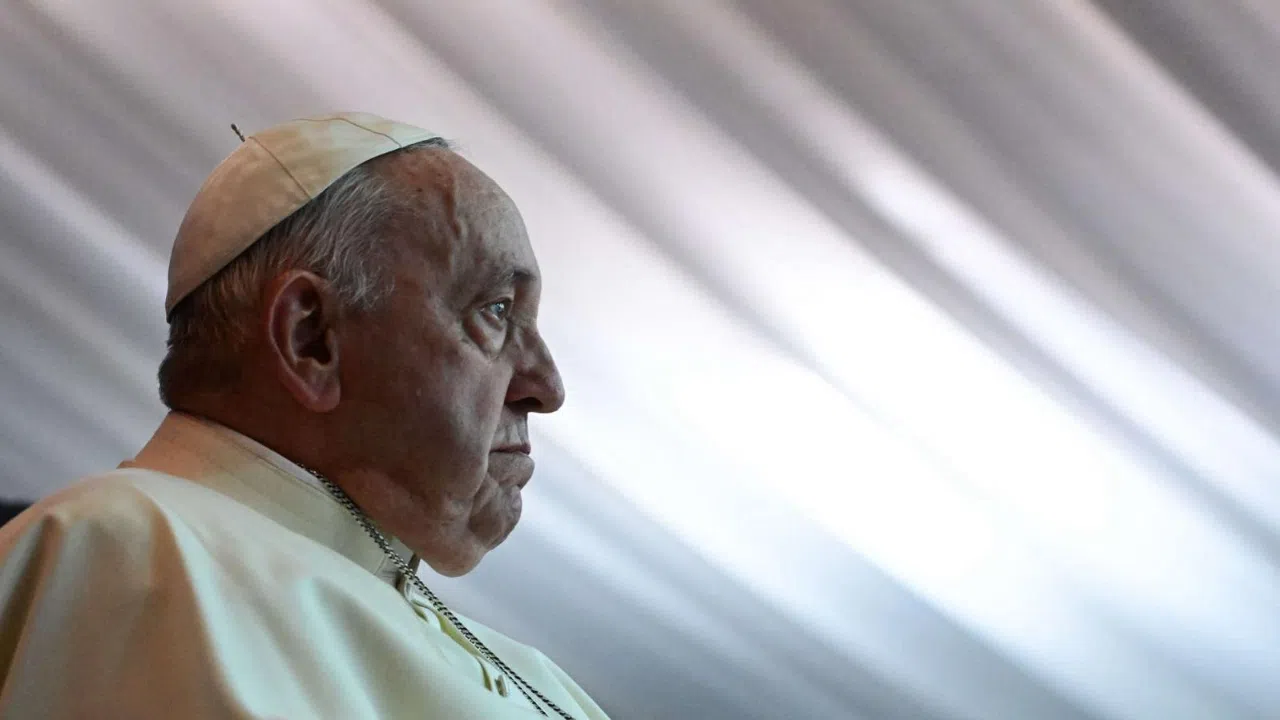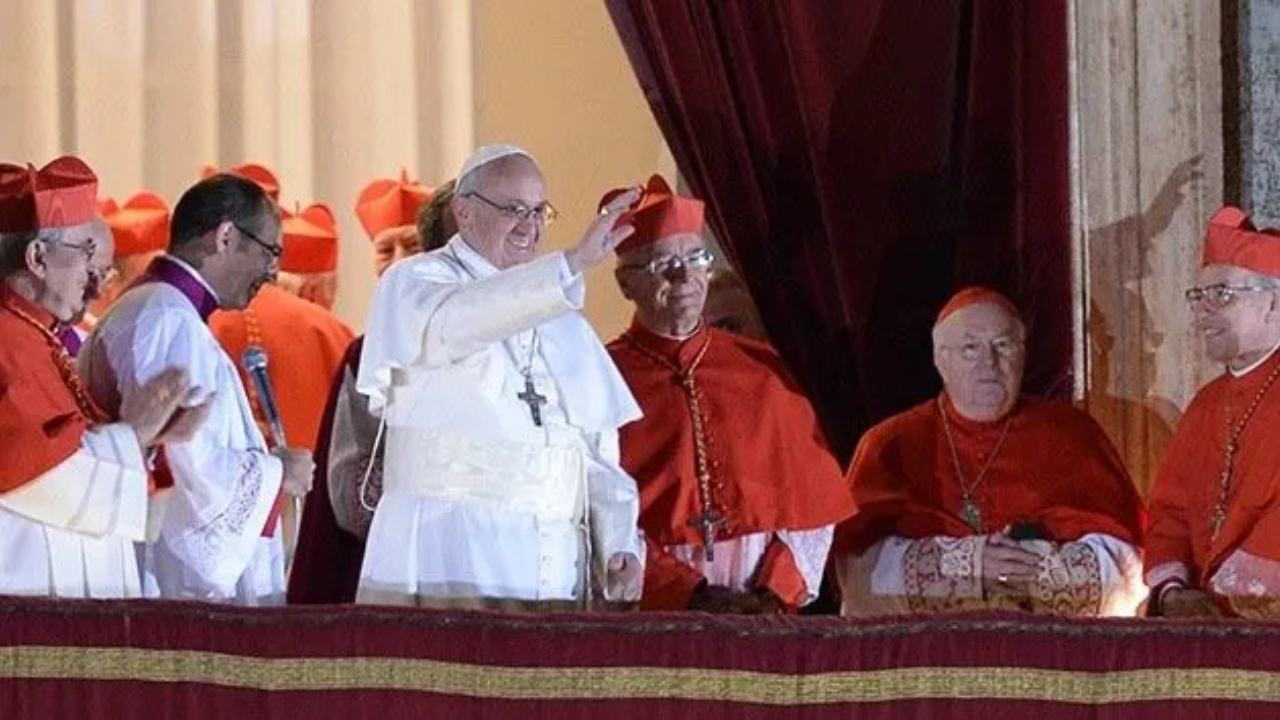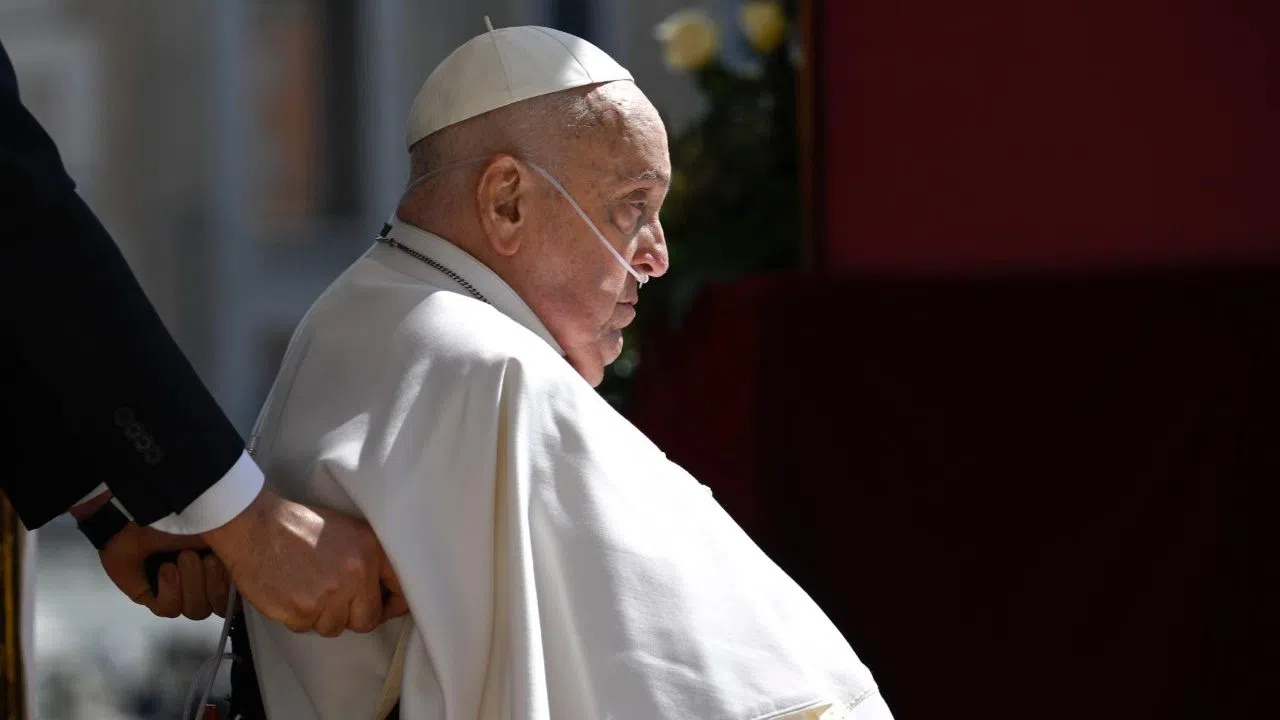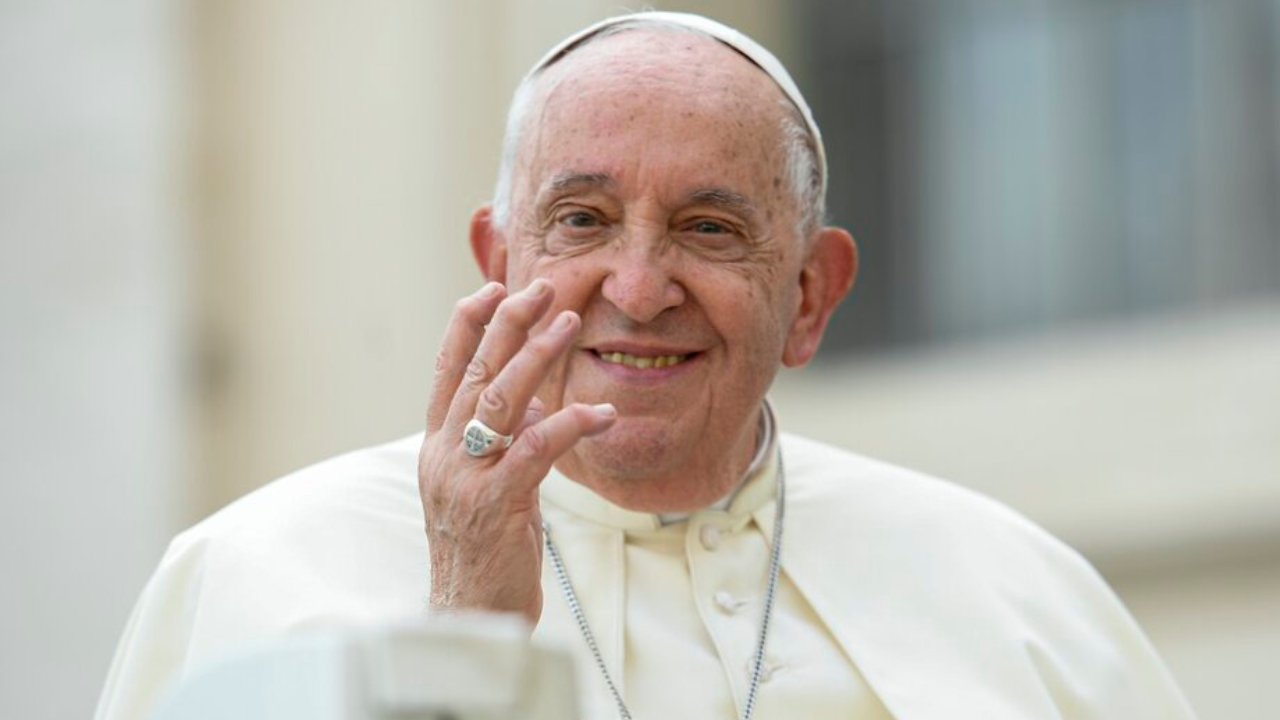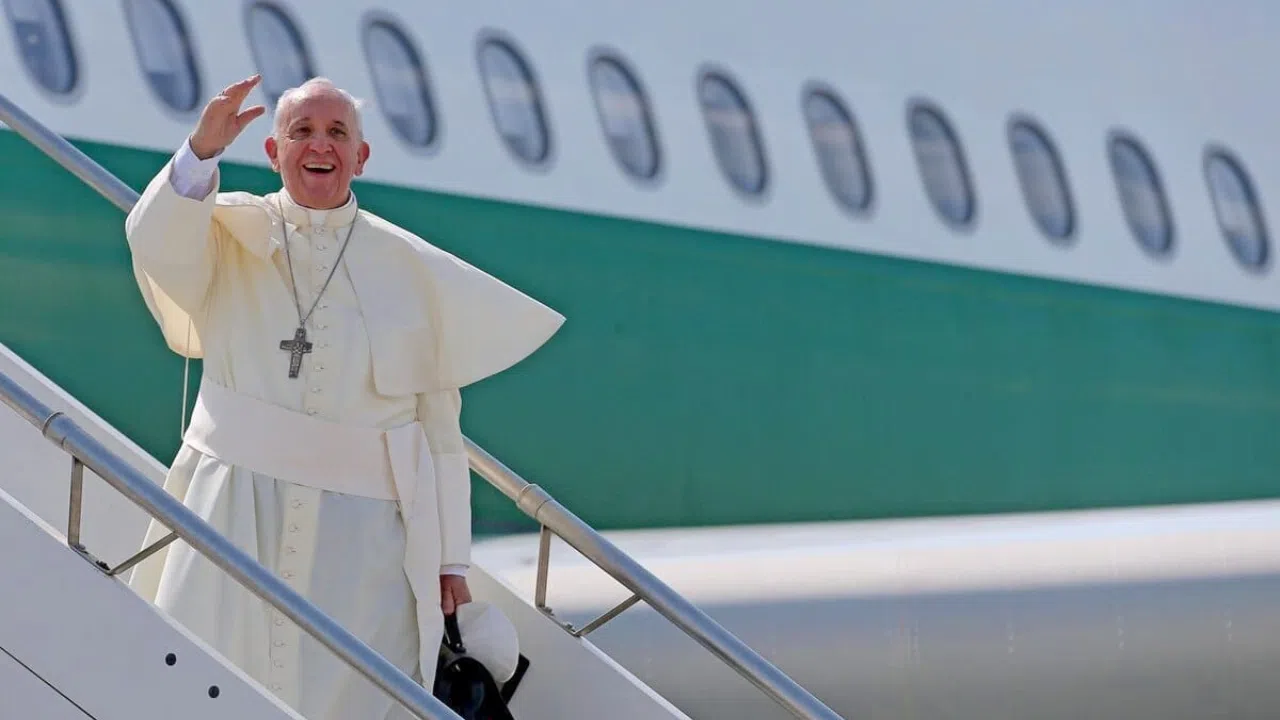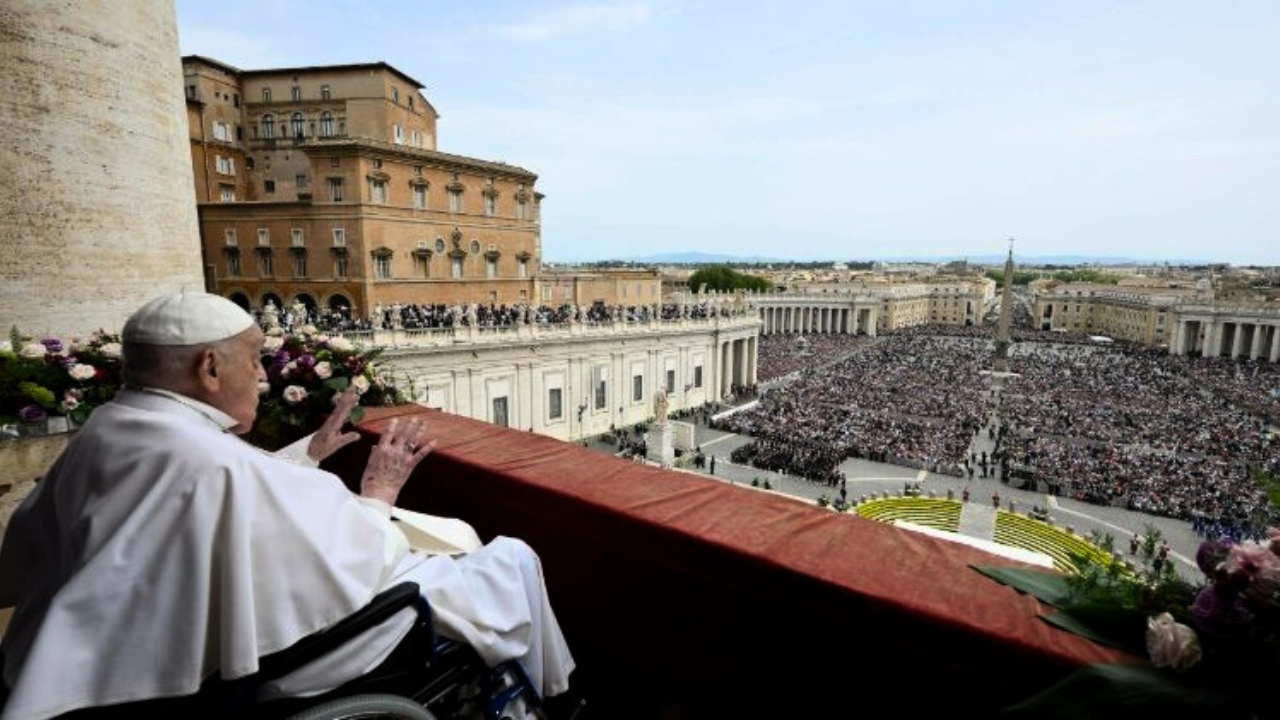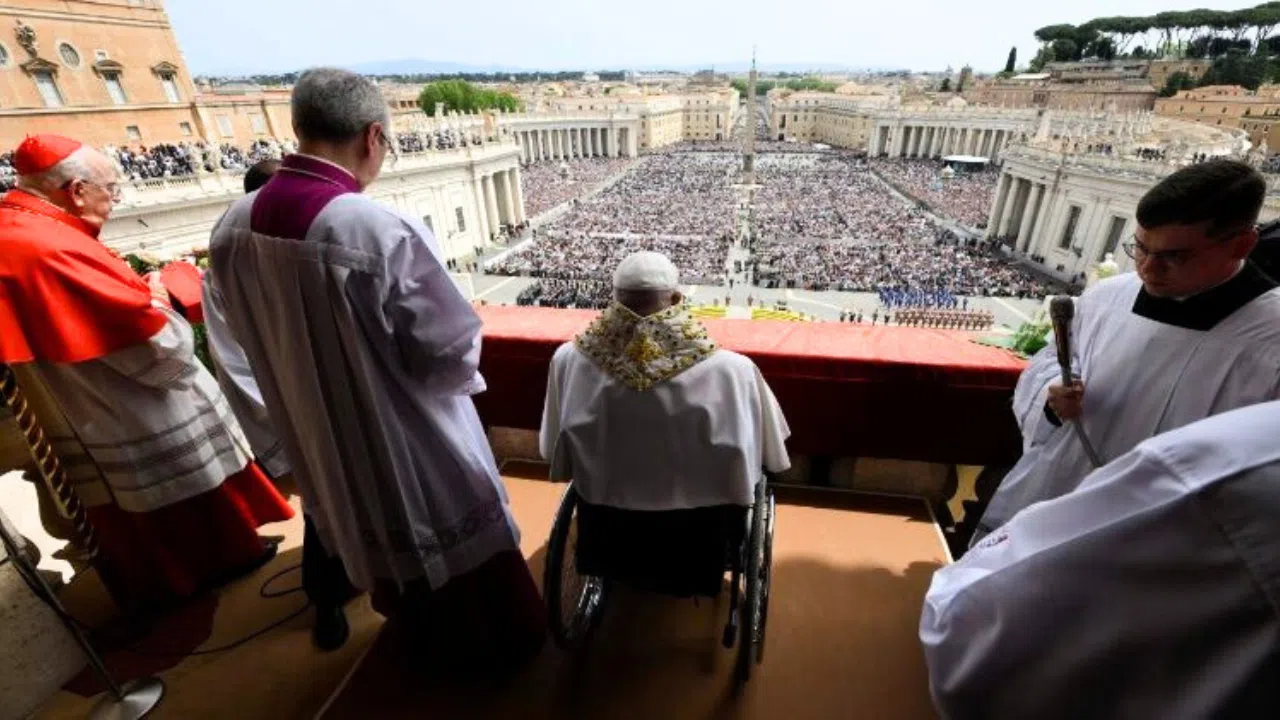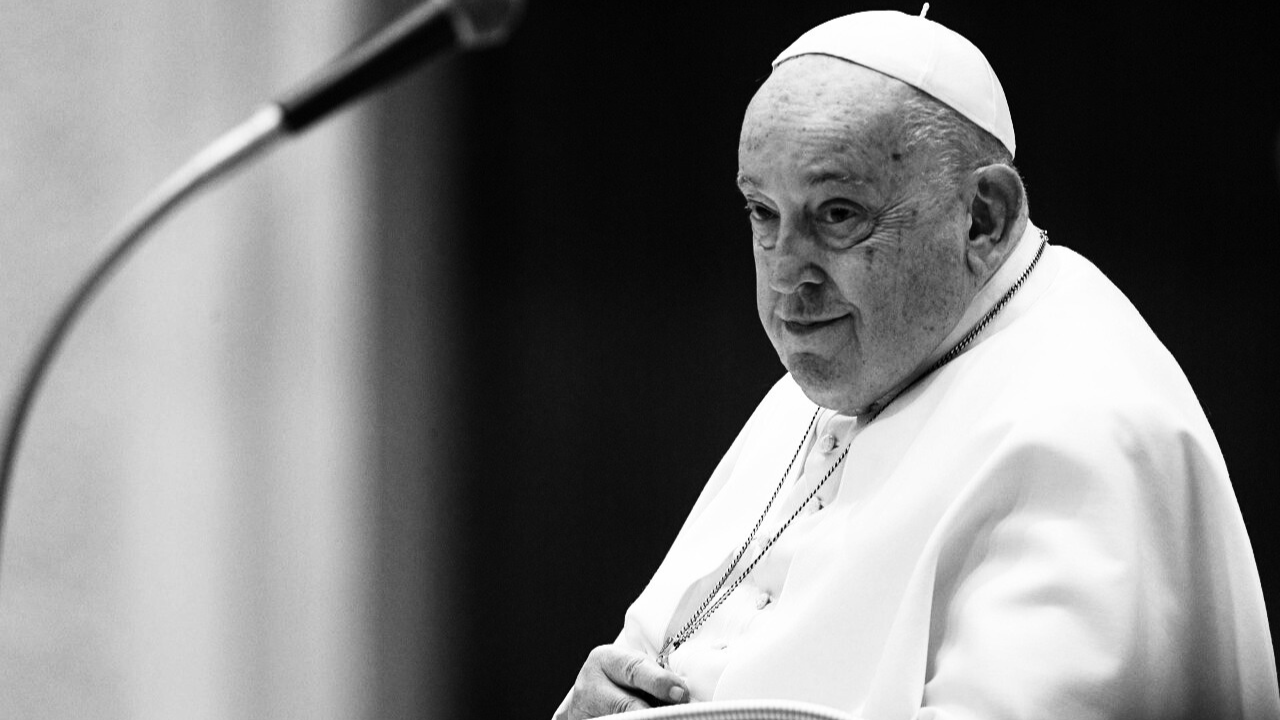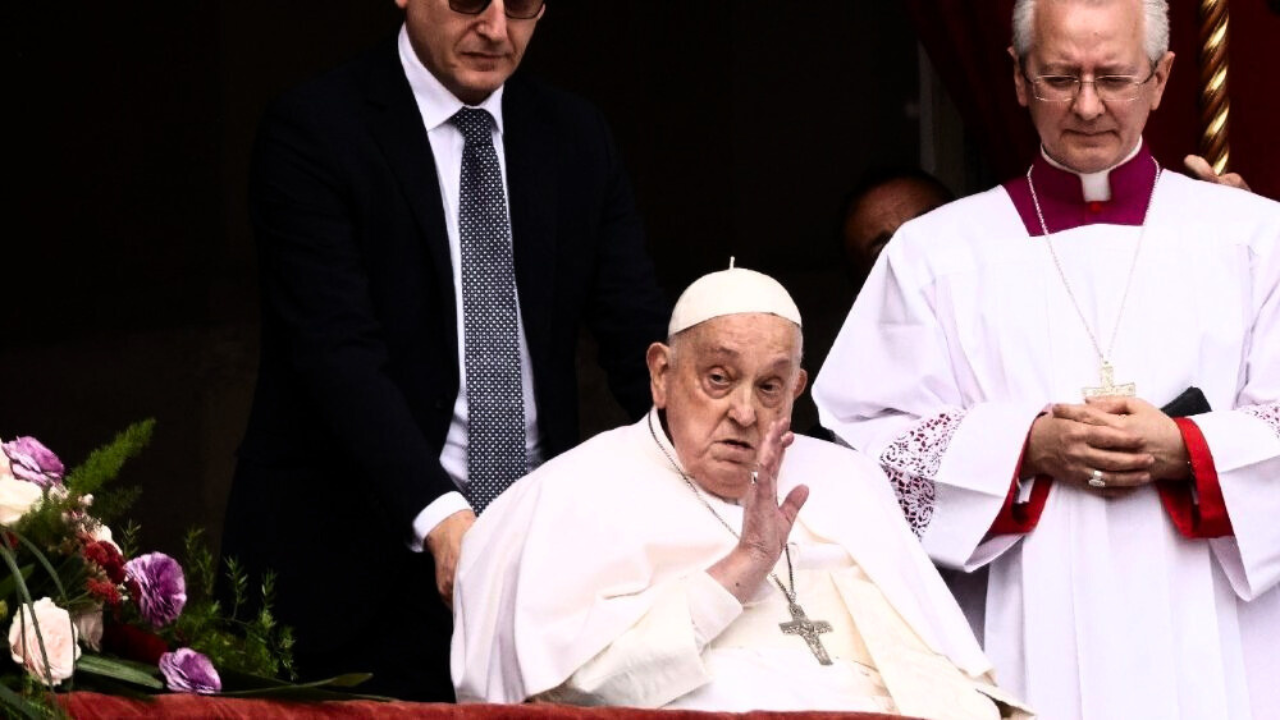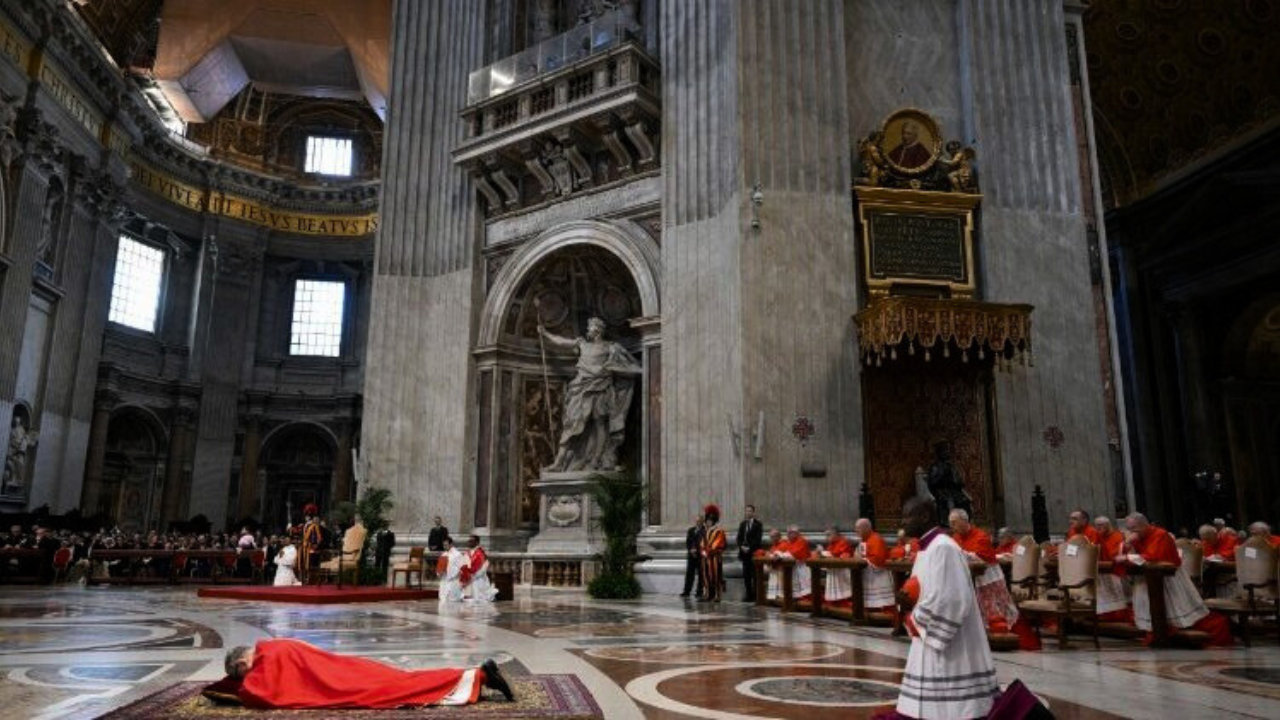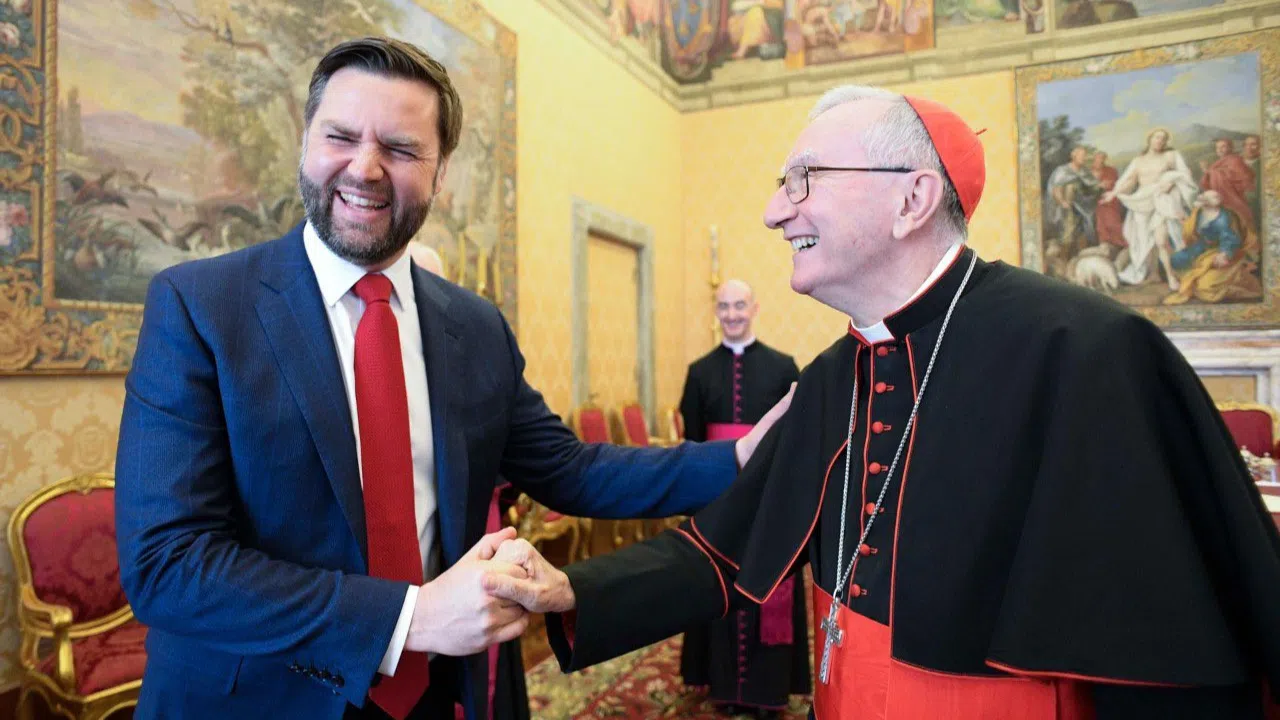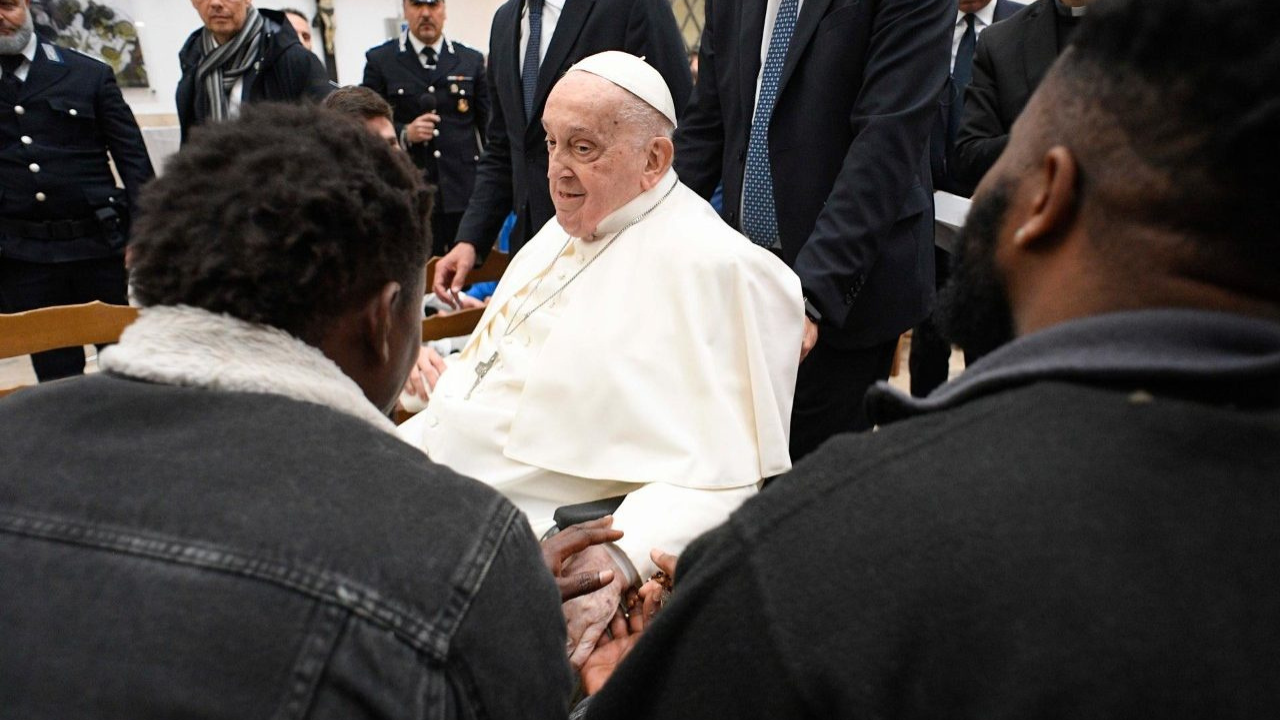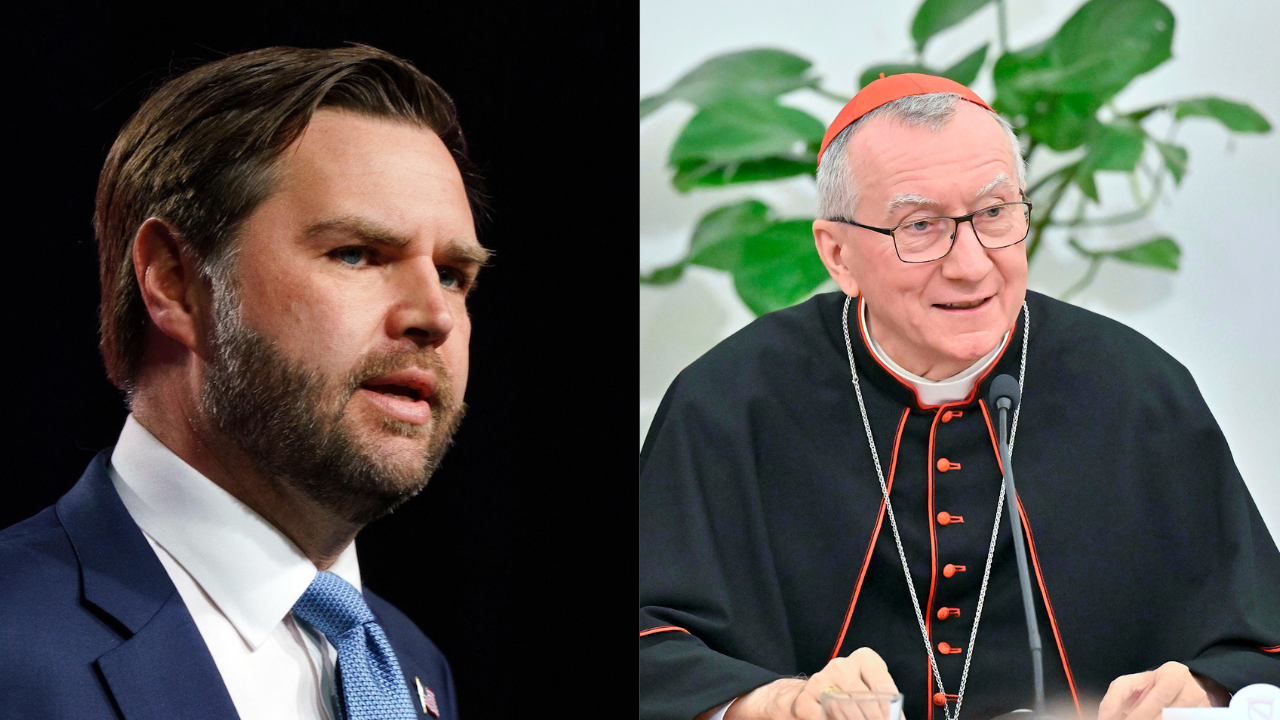Since 2017, Pope Francis had not presided over the celebration of Corpus Christi in St. John Lateran for various reasons, including the coronavirus and his health condition. Seven years later, he was present at this traditional Mass—one of the few each year the Pope presides over outside the Vatican walls.
In his homily, Pope Francis reflected on the meaning of the Eucharist.
POPE FRANCIS
It is the food of every day, in which we bring to the altar all that we are and all that we have: life, works, successes and even failures, as symbolized by the beautiful custom in some cultures of picking up and kissing the bread when it falls to the ground: to remind ourselves that it is too precious to be thrown away, even after it has fallen.
The Pope also spoke of freedom. He pointed out that it is not to be found in the safes of the greedy or on the couches of the lazy, but in the upper room.
POPE FRANCIS
There are those who say that one is free when he thinks only of himself, when he enjoys life, and when, with indifference and perhaps arrogance, he does what he wants in spite of others. This is not freedom. This is a hidden slavery, a slavery that makes us even more slaves.
Pope Francis also expressed his regret that today's world is torn apart by wars and conflicts.
POPE FRANCIS
We see every day too many streets, perhaps once smelling of baked bread, being reduced to piles of rubble because of war, selfishness and indifference! It is urgent to bring back to the world the good and fresh aroma of the bread of love, to continue to hope and rebuild without ever growing weary of what hatred destroys.
At the end of the Mass, celebrated by Cardinal Fernández, the traditional procession through the streets of Rome to the Basilica of St. Mary Major took place. The Pope went directly by car and waited next to the icon of the Salus Populi Romani for the arrival of the pilgrims to give the final blessing.
CA
TR: KG
